Egypt warns food insecurity triggered by Ukraine war could kill 'millions' globally
Staggering food prices triggered by the war in Ukraine could kill “millions” of people globally, Egypt’s finance minister has warned, echoing similar warnings made by the United Nations.
Mohamed Maait raised his concerns in an interview with Financial Times, warning of “food insecurity” around the world while insisting that Cairo has enough wheat to last until the end of the year.
"This is something that we have to be very careful about," Maait said.
"We will feel shame if we find that millions of people are dying because of food insecurity. They are not responsible for that, they didn’t do anything wrong.”
Russia and Ukraine, the two neighbors embroiled in a devastating war, together account for nearly a third of global wheat and barley supplies and half of the sunflower oil.
Before the war erupted on February 24, Ukraine was seen as the world’s breadbasket, exporting 4.5 million tons of agricultural produce through its ports per month.
The Egyptian minister’s comments came days after UN secretary-general Antonio Guterres warned that the war in Ukraine could plunge "tens of millions" into famine.
"Global hunger levels are at a new high," said Guterres, referring to the war in Ukraine, climate change, and the COVID-19 pandemic, which have precipitated a crisis that could last for years.
The world body says more than 36 countries count on Russia and Ukraine for more than half of their wheat imports.
Egypt is known as the world’s biggest importer of grain, and with Russia and Ukraine being its biggest supplier before the war, the Arab country has been hit hard by the wheat shortage.
Egypt expects wheat import bills to soar as wheat prices jumped by 37 percent.
The severe footage shortage has prompted the leaders of other countries to turn to food protectionism, putting further strain on global food markets.
While Maait insisted that Egypt has enough wheat to last until the end of the year, he said Cairo is seeking new import sources like Mexico and Pakistan while also aiming to "rationalize" bread subsidies.
Mostafa Madbouly, Egypt’s prime minister, said earlier this month that the country had wheat reserves for four months. In addition, the government aims to buy 6 million tonnes of locally grown wheat, he said.
Maait said he was confident Egypt would not fall into recession this year.
“The issue of going to the recession, I’m ruling [it] out,” he said. “Egypt was one of the few countries able to grow positively over the two years of COVID-19,” he said.
Plan to change bread subsides is “not an imminent action”, Maait said, pointing out that with more than $3 billion annually on the country's budget, “the intention to move is there . . . over a gradual basis.”
“So as long as the cost of bread and the cost of producing bread increases, so the cost of subsidy on the budget increases . . . It cannot go like that,” he said.
Maait also revealed Cairo's plan to reform cash credits received by millions of Egyptians for food, only including the needy in future subsidiary plans.
According to the World Bank, 10 million people are pushed into extreme poverty worldwide for every percentage point increase in food prices.
Food prices increased by almost 30 percent year-on-year in April, according to the Food and Agriculture Organization of the United Nations (FAO) food price index.
'Capitulation': Israeli officials and media concede Gaza defeat as truce unfolds
'Gaza has won': Social media users react to ceasefire with mix of relief, joy
Iran seeks South Korea’s assistance for AI, fiber-optic projects
VIDEO | Iran's 'Eqtedar' (Power) maneuver
Israel hits HTS military target in Syria for 1st time since fall of Assad
VIDEO | Press TV's news headlines
Israel has slaughtered 13,000 students in Gaza, West Bank
VIDEO | More Zionist than Zionists: Biden’s legacy to be defined by Gaza genocide


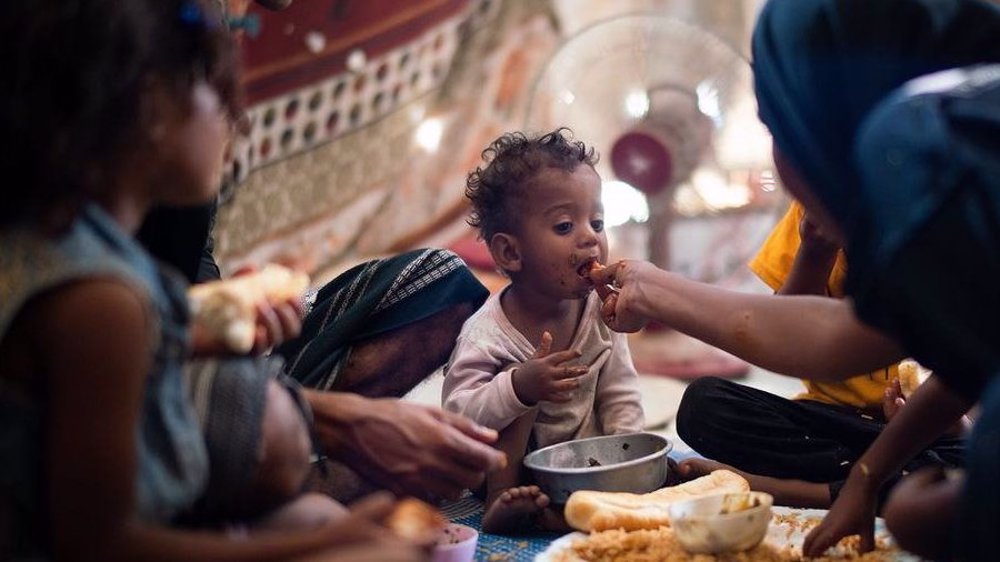

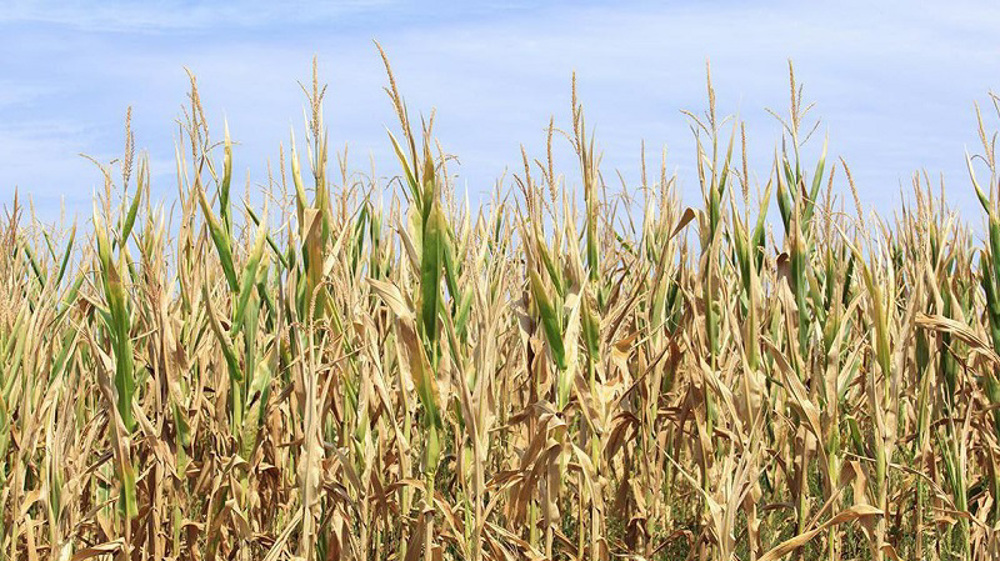


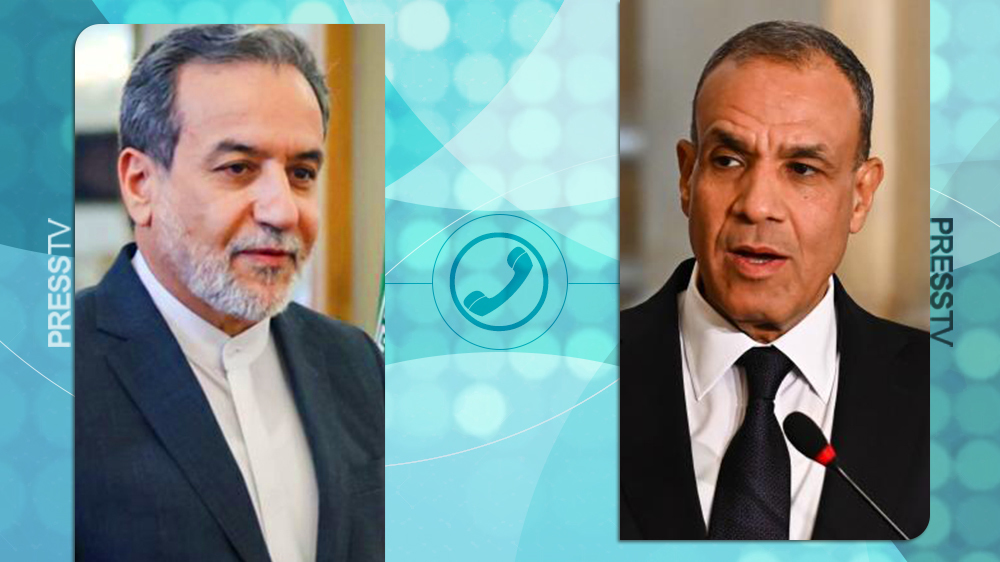



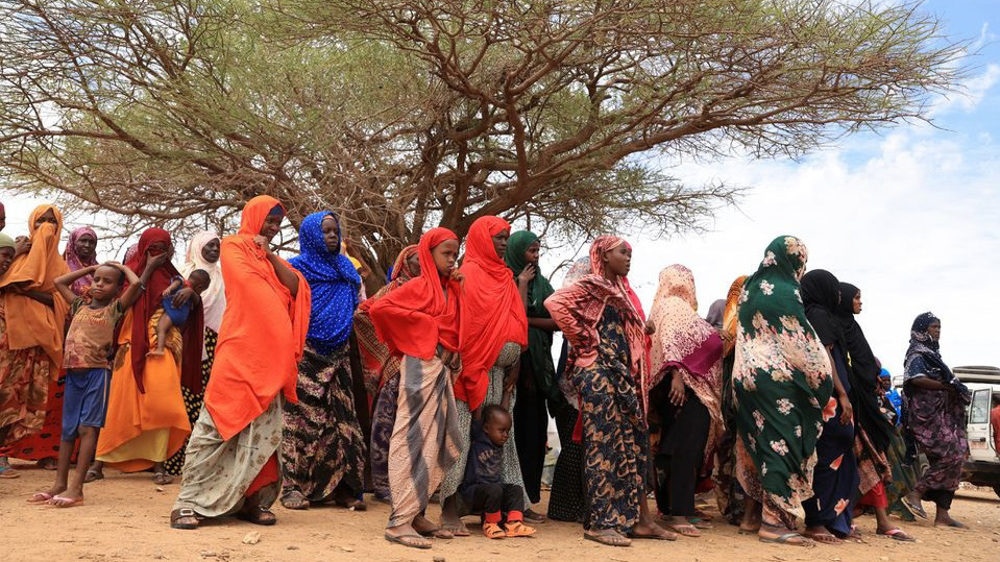
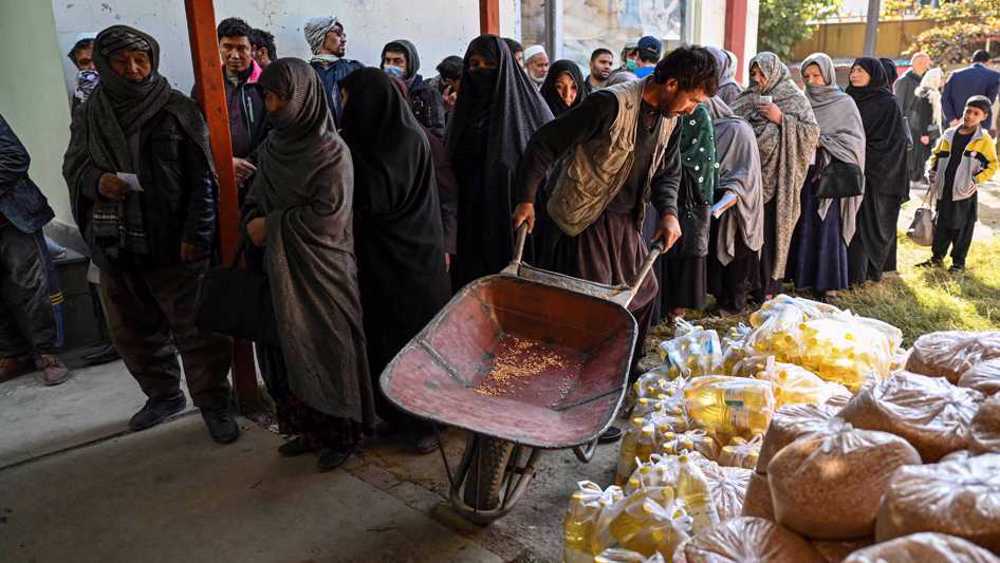
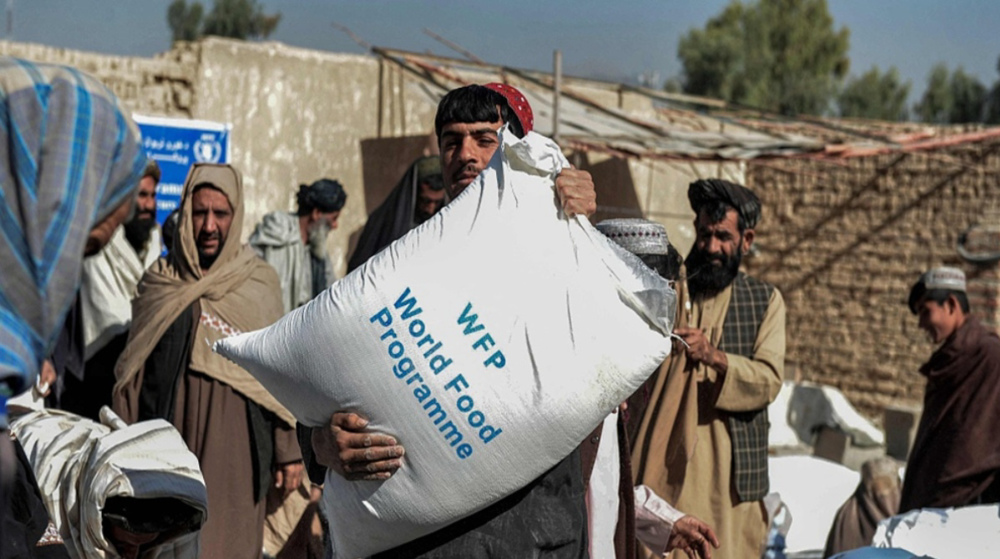



 This makes it easy to access the Press TV website
This makes it easy to access the Press TV website